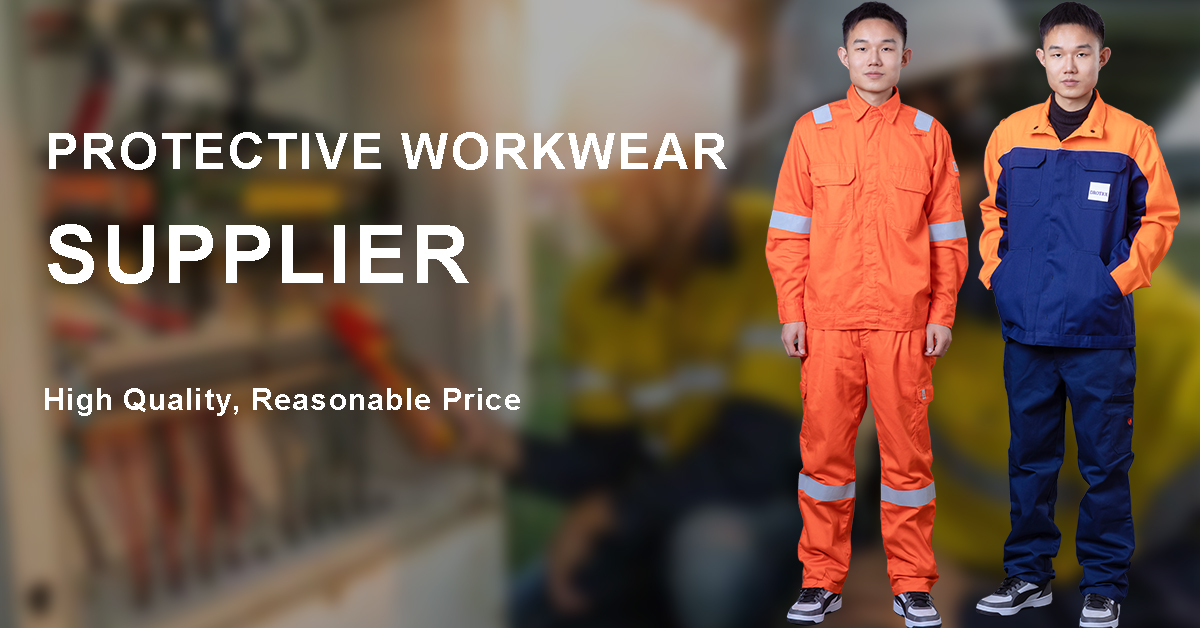The difference between polyester-cotton work clothes and 100% cotton work clothes
January 10, 2024
When it comes to choosing work clothes, one of the key decisions you'll have to make is what material to go with. Two common options are polyester-cotton blends and 100% cotton. Both have their own pros and cons, and understanding the difference between the two can help you make an informed decision when it comes to outfitting yourself or your team for the job.
Polyester-cotton work clothes are a popular choice for many people, and for good reason. These garments are typically made from a blend of polyester and cotton, which combines the best of both materials. Polyester is known for its durability and wrinkle-resistance, making it a great choice for work wear that needs to stand up to tough conditions. Cotton, on the other hand, is soft, breathable, and moisture-absorbing, making it a comfortable option for all-day wear.

One of the main benefits of polyester-cotton work clothes is their durability. The polyester fibers help to strengthen the cotton fabric, making it more resistant to tearing and ripping. This makes them a great choice for jobs that require a lot of physical labor or that involve working in rough conditions. Additionally, the wrinkle-resistance of polyester means that these garments will stay looking neat and professional even after a long day on the job.
On the other hand, 100% cotton work clothes offer their own set of advantages. Cotton is a natural fiber, which means it's breathable and comfortable to wear in a wide range of temperatures. This makes it a great choice for jobs that involve working outdoors or in environments where temperature control is important. Cotton work clothes are also known for their softness and moisture-absorbing properties, which can help keep you comfortable and dry throughout the workday.
However, one of the drawbacks of 100% cotton work clothes is their tendency to wrinkle easily and their lower resistance to tearing and ripping compared to polyester-cotton blends. This means that they may not hold up as well in rough conditions, and they may require more maintenance to keep them looking neat and professional.
In conclusion, both polyester-cotton work clothes and 100% cotton work clothes have their own unique set of benefits and drawbacks. The decision of which to go with ultimately depends on the specific needs of the job and the personal preferences of the wearer. Whether you prioritize durability, comfort, or a combination of both, understanding the difference between these two materials can help you make the best choice for your work wear needs.



